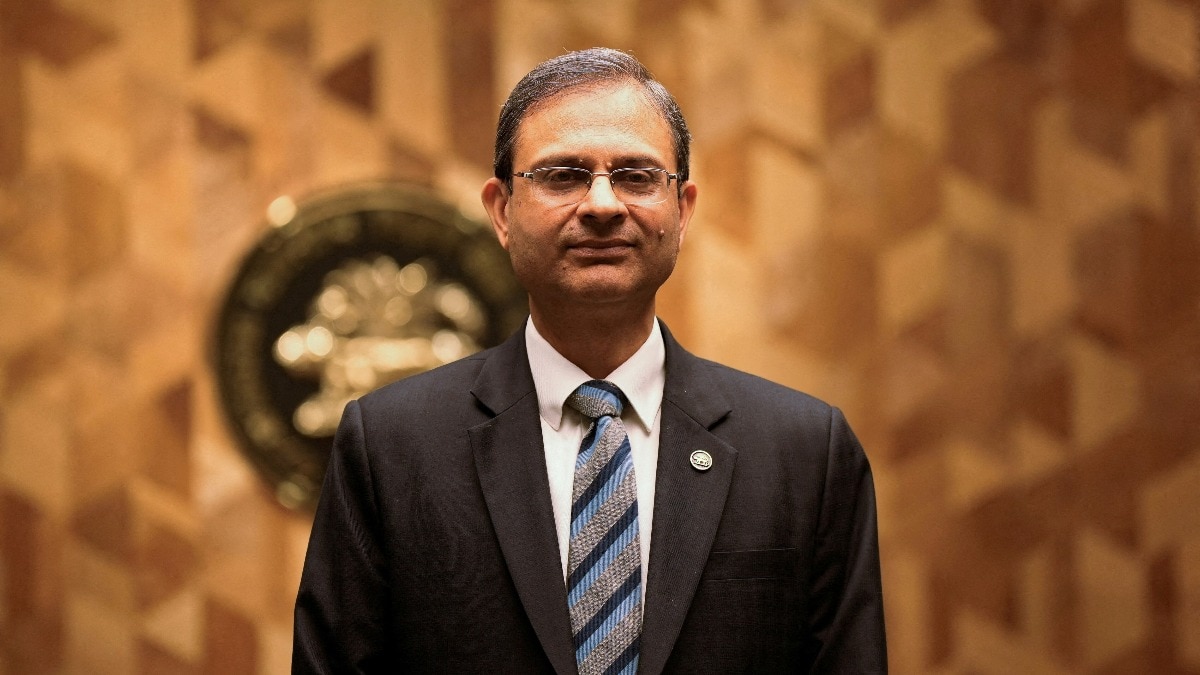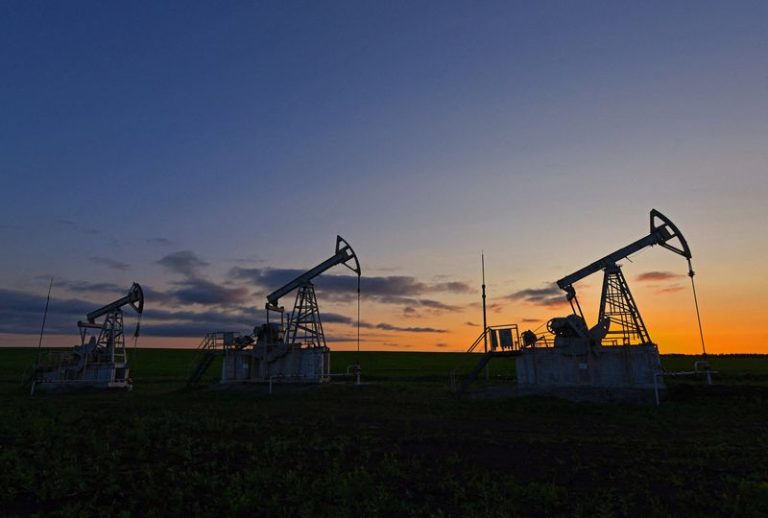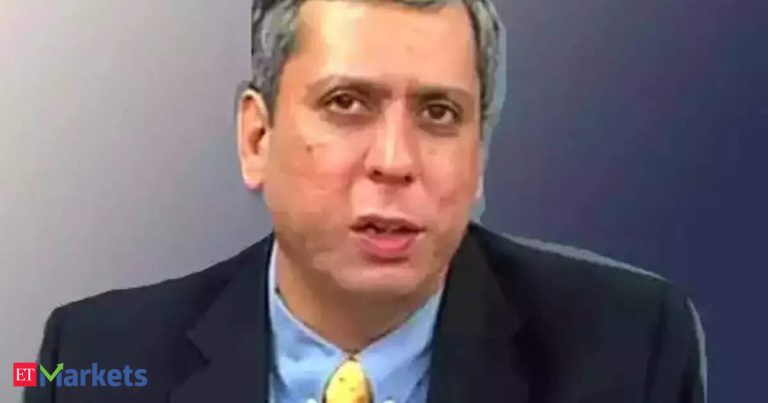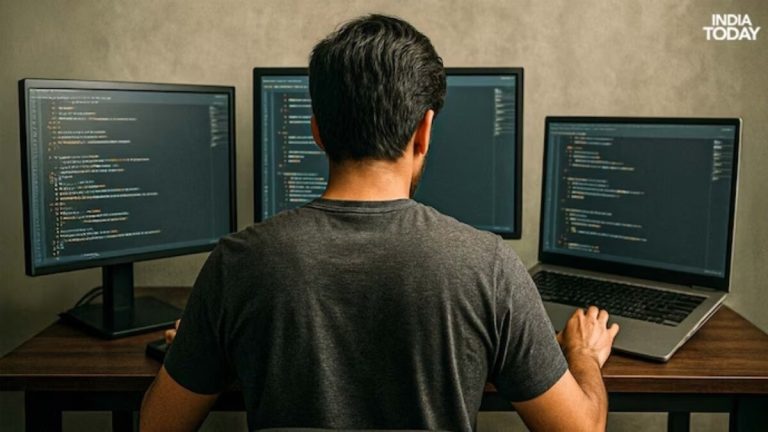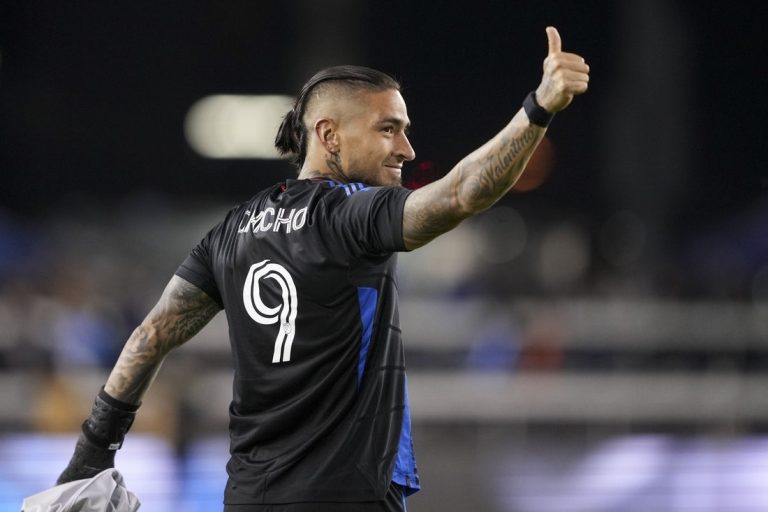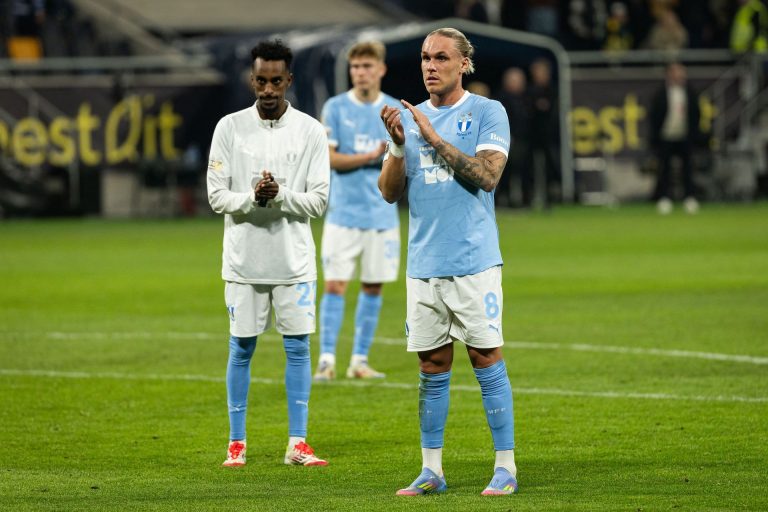Reserve Bank Governor Sanjay Malhotra said the signing of the free trade agreement with the UK would help multiple sectors of the Indian economy.
Speaking at the FE Modern BFSI Summit, Malhotra said multilateralism has “unfortunately” taken a back seat, and the country needs more such pacts like the UK FTA with other countries. “Hopefully, it should help us. That is the way going forward now, because unfortunately multilateralism seems to have taken a back seat,” Malhotra said in the central bank’s first comments on the trade deal signed in London.
He said the agreement should help various sectors in manufacturing as well as services.
Malhotra acknowledged the need for more such pacts given the current realities and said many are in the negotiation stage.
India and the UK signed the FTA during Prime Minister Narendra Modi’s two-day visit to the UK. The deal reduces tariffs on goods including textiles, whisky, and cars, and increases market access for businesses. Negotiations concluded in May after three years of intermittent talks. Both countries accelerated efforts to finalise the agreement amid tariff tensions caused by US President Donald Trump. The pact between the world’s fifth and sixth largest economies aims to boost bilateral trade by 25.5 billion pounds ($34 billion) by 2040.
This is Britain’s largest trade deal since leaving the European Union in 2020, though its impact will be smaller than that of leaving the EU. For India, it represents the biggest strategic partnership with an advanced economy and may serve as a model for future deals with the EU and other regions.
Both sides described the agreement as historic. It will take effect after ratification, expected within a year. Companies such as whisky distiller Diageo and carmakers BMW, Nissan, Aston Martin, and Tata-owned Jaguar Land Rover could benefit from lower duties. British Prime Minister Keir Starmer said the deal would bring significant benefits, making trade cheaper, faster, and easier in a new global trade era.
Modi called the agreement “a blueprint for our shared prosperity,” noting improved market access for Indian goods like textiles, jewellery, and seafood. The countries also agreed on partnerships in defence, climate, and crime prevention. Modi met Starmer for nearly three hours before visiting King Charles at Sandringham Estate.
